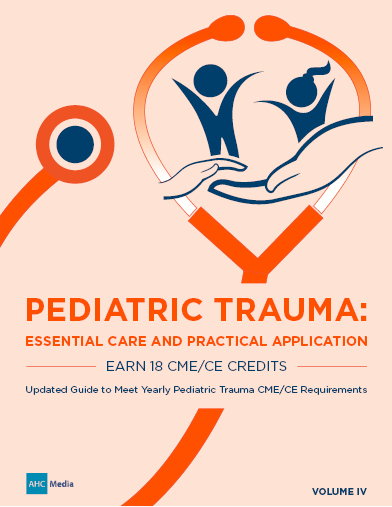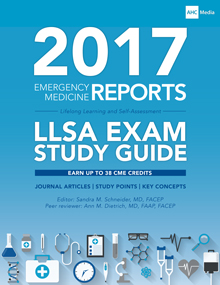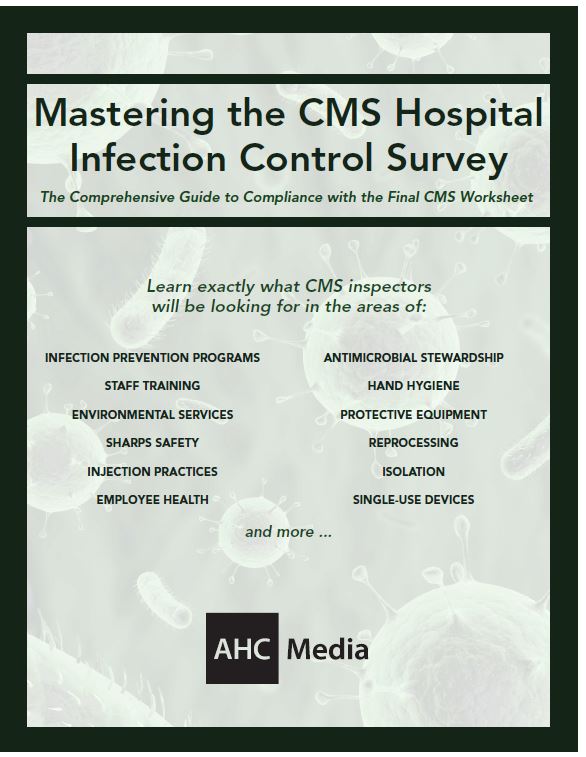Appeals Court Reverses Lower Court on Advocate Health and NorthShore University Merger
November 8th, 2016
The Federal Trade Commission (FTC) won an appeal to the 7th U.S. Circuit Court of Appeals in October to issue a preliminary injunction to block the merger of Advocate Health Care and NorthShore University HealthSystem in Chicago.
The FTC lost an important ruling in June of 2016 when a U.S. District Court Judge in Illinois refused to issue a preliminary injunction to stop the merger. The FTC said the court had failed to prove the merger would reduce competition in the area and increase the costs of healthcare services. The ruling allowed Advocate to join its twelve hospitals with NorthShore’s four, creating the largest integrated healthcare delivery system in Illinois. The FTC appealed to the 7th U.S. Circuit Court of Appeals, which sided with the FTC and reversed the lower court decision.
In its ruling, the 7th Circuit called the lower court finding of fact, with reference to the geographical market, “clearly erroneous.” The court stated that most patients prefer to receive hospital care closer to home and insurers could not market healthcare plans to employers in that area of Chicago without including at least some of the merged hospitals into their network. The lower court had rejected this evidence, saying that some patients were willing to travel outside the relevant geographical areas for hospital care. The 7th Circuit disagreed, siding with insurance executives who testified with the FTC, that although patients might be willing to travel to a hospital outside the region as a second option, they could not successfully market an insurance product that required that patients leave the relevant market. Because an insurance product had to include the merged system, the court found the merger anticompetitive in that it would lead to higher insurance premiums. The health systems claimed that if allowed to merge, they would offer an insurance product 10% less expensive than the next lowest-price comparable product available, saving consumers at least $210 million a year.
It remains to be seen if the Chicago hospitals will abandon their merger quest. It is possible the hospitals could stay with the case until the lower court decides on the preliminary injunction again. This is an important decision because the FTC continues to work to block healthcare mergers it perceives as anticompetitive.

FEATURED RESOURCES




